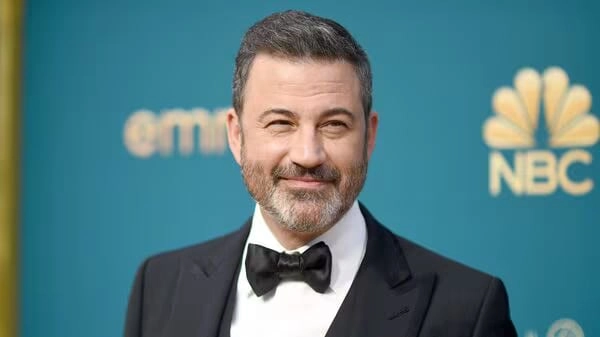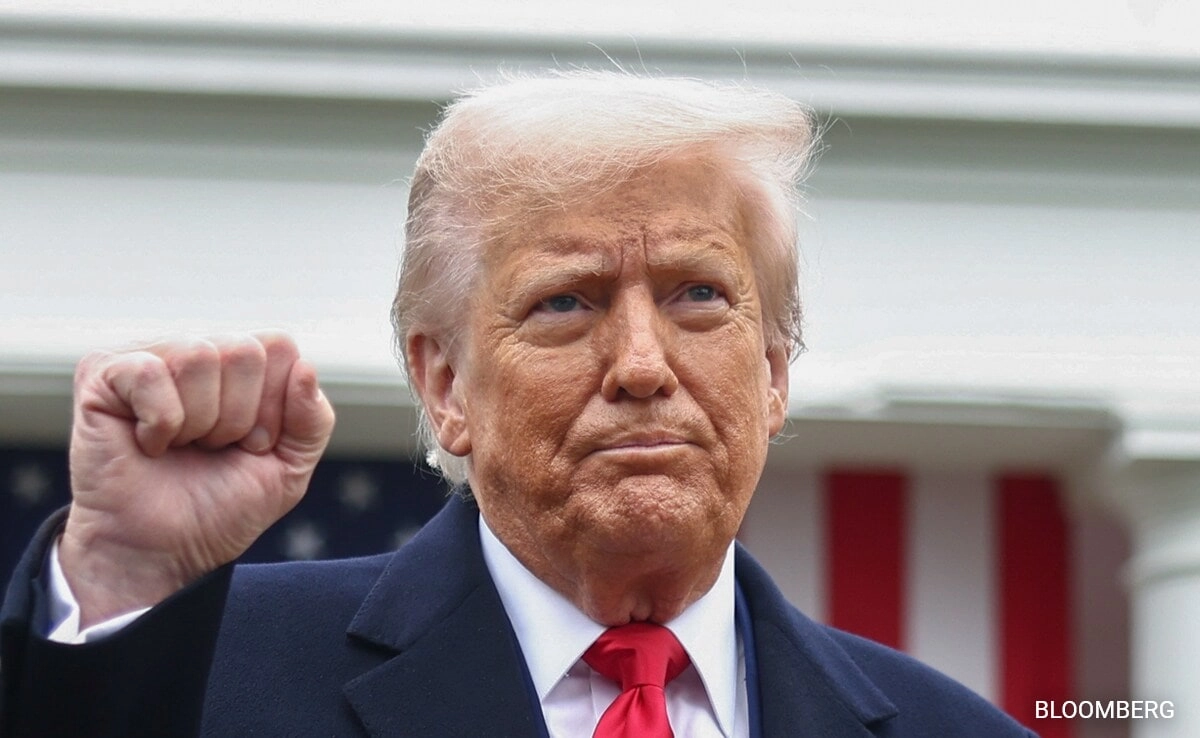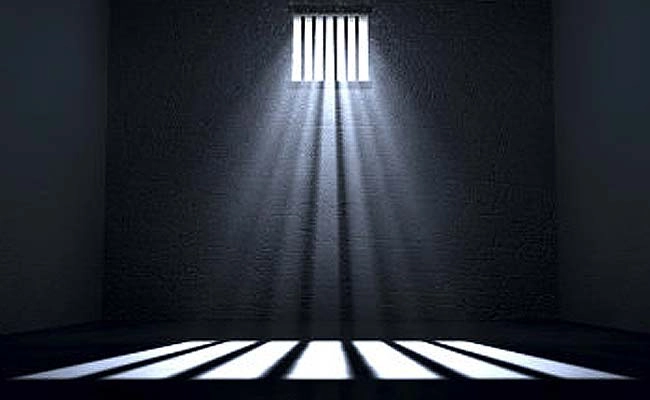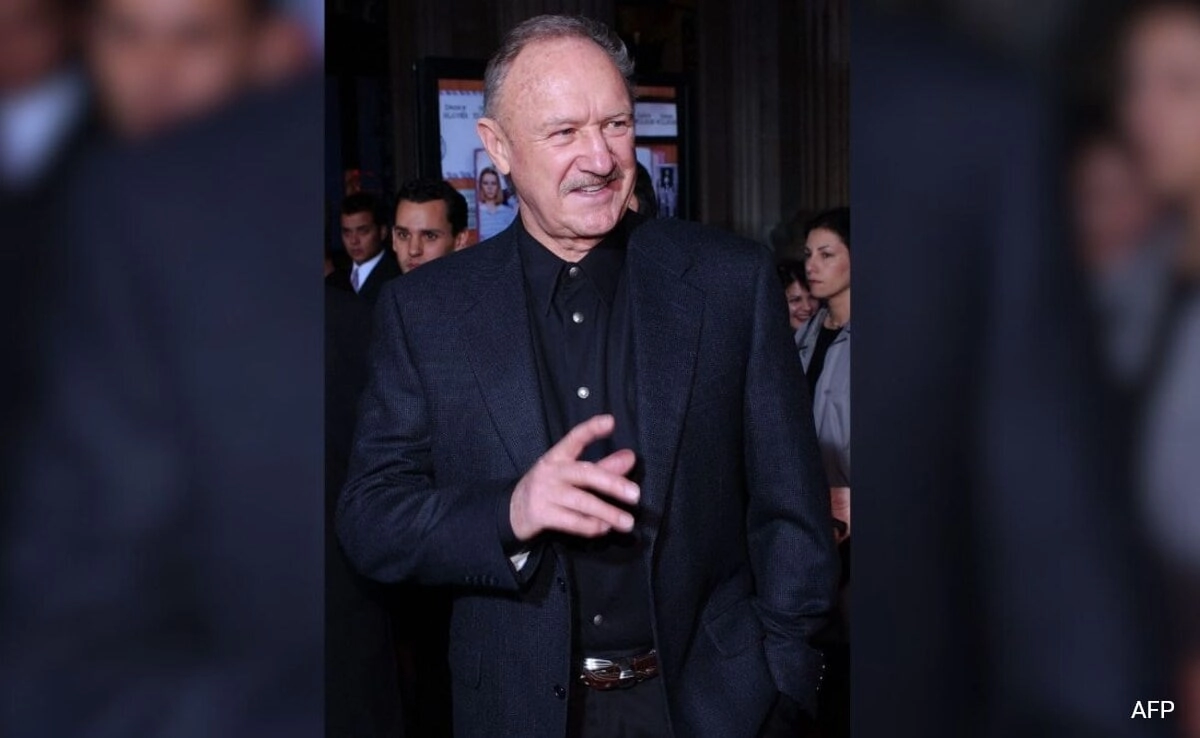Jimmy Kimmel has returned to the airwaves after a brief hiatus, but his comeback has been met with some controversy. While many fans are excited to see him back on television, a notable portion of the audience has chosen to boycott his show. This partial boycott stems from Kimmel’s outspoken views on various political issues and his sharp critiques of certain public figures, which have polarized viewers. Despite the divided opinions, Kimmel’s return marks a significant moment for late-night television, as it reflects the ongoing tensions between entertainment, politics, and public opinion.
The boycott has been fueled by Kimmel’s previous comments and skits that some viewers found offensive or overly partisan. Critics argue that his humor has crossed a line, making it difficult for audiences with differing political beliefs to enjoy his content. On the other hand, Kimmel’s supporters argue that comedy has always been a platform for social and political commentary, and that his willingness to tackle contentious topics is what makes his show relevant. This divide highlights the challenges that late-night hosts face in navigating the current cultural landscape, where audiences increasingly expect celebrities to take stances on important issues.
As Kimmel resumes his hosting duties, he is likely to continue facing scrutiny from both sides of the political spectrum. The late-night landscape has changed dramatically, with hosts often finding themselves at the intersection of entertainment and activism. Kimmel’s ability to balance his comedic style with the expectations of his audience will be crucial as he moves forward. Whether he can bridge the gap and win back those who have chosen to boycott his show remains to be seen. For now, Kimmel’s return offers a glimpse into the complexities of modern television, where humor and politics are intricately intertwined.
In the coming weeks, it will be interesting to see how Kimmel addresses the boycott and whether he attempts to engage with those who disagree with him. Acknowledging the divide could be a strategic move, potentially allowing him to reclaim some of the audience he may have lost. Late-night television, particularly during election seasons, often serves as a barometer for public sentiment, and Kimmel’s show will undoubtedly reflect the ongoing debates that define today’s sociopolitical climate. As viewers tune in to see how he navigates this new landscape, Kimmel’s return is not just about entertainment; it’s also about grappling with the realities of a divided nation.




